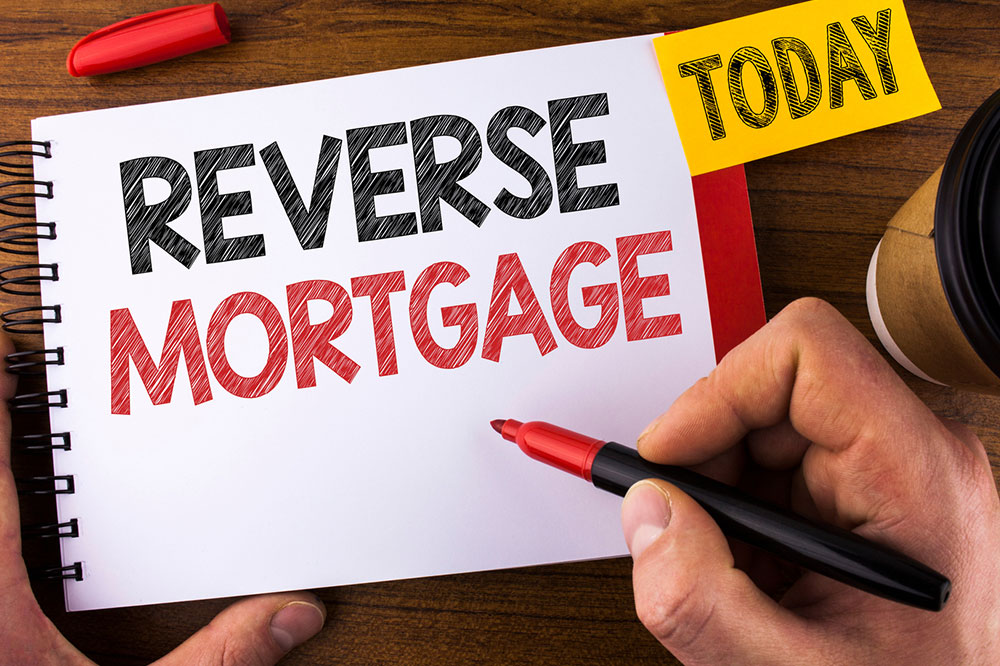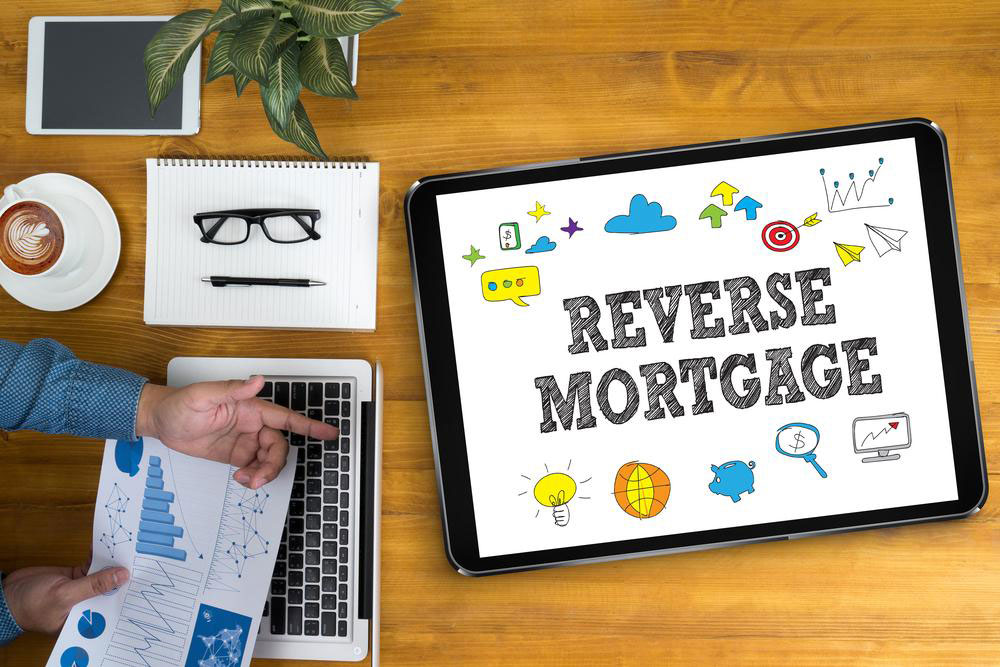Essential Qualifications for Qualifying for a Reverse Mortgage
This article explains the key eligibility criteria for seniors interested in obtaining a reverse mortgage. It covers age requirements, property types, current mortgages, tax obligations, and necessary preparations, alongside the application process and disbursement options. A detailed overview helps seniors understand if they qualify and what steps to take next for leveraging home equity effectively.

Essential Qualifications for Qualifying for a Reverse Mortgage
A reverse mortgage allows homeowners to convert their home equity into cash, providing financial relief in times of need. Similar to a credit line from banks, this loan type keeps the property title in your name while offering added benefits. The Department of Housing and Urban Development (HUD) typically provides a Home Equity Conversion Mortgage (HECM) for eligible seniors, subject to specific criteria.
Eligibility for reverse mortgages is limited to seniors meeting certain age and property requirements, excluding many property types such as multi-unit buildings or commercial properties.
Qualification Requirements for Reverse Mortgages
You must be at least 62 years old to qualify, although if your spouse is under 62 but meets specific conditions, they might still be eligible upon approval.
The property must be titled in your name and serve as your primary residence for most of the year. Commercial properties and multi-unit buildings generally do not qualify.
If you are still paying off an existing mortgage, you can still apply, provided the current balance is settled before taking on the reverse mortgage, and your financial situation is credible.
It's essential to stay current on federal taxes and government obligations. Outstanding debts to the government may impact eligibility, but a reverse mortgage can also be used to settle such dues.
Applicants should allocate funds from the reverse mortgage to cover taxes, insurance, repairs, and maintenance costs.
After meeting these qualifications, you will undergo a counseling session with an HUD-approved agency. This appointment assesses your financial credibility, clarifies the loan process, and explains potential repercussions.
Loan disbursement options include:
A line of credit accessible anytime with a written request.
Fixed periodic payments over a defined period.
Regular payments that continue regardless of the home’s value, even if the loan exceeds the home's worth.










